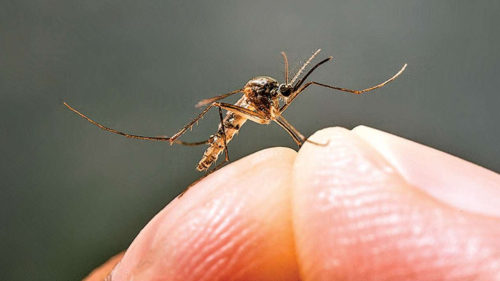Dengue: Debunking the 5 Most Common Myths

Dengue is a viral illness transmitted by mosquitoes. Largely prevalent in India, there is an urgent need to understand the disease in order to best tackle it, since incorrect information can end up worsening the situation. To address this, various myths need to be busted and facts need to be acknowledged.
Myth 1: Contracting dengue once makes you immune to the disease for life
Since dengue exists in four distinguished forms, contracting one grants an individual permanent immunity to that specific form. For the alternative forms, the immunity gained only lasts for a temporary period.
Myth 2: Intake of fluids such as Papaya leaves juice and goat’s milk can increase platelets
While it is essential to keep the patient hydrated when diagnosed with dengue since it aids the recovery process, papaya leaves juice or goat’s milk does not directly affect the platelet count. According to an article published on the official site of National Center for Biotechnology Information, although the local populations of countries like Thailand and Laos regularly intake papaya, dengue fever is still highly prevalent in these countries.
Myth 3: Female Aedes aegypti breeds in dirty water
Female Aedes aegypti primarily breeds in clean stagnant water. The man-made storages like the metal drums, earthenware jars, as well as other items that collect rainwater like the discarded plastic food containers, tyres et al make the appropriate conditions for the breeding of these mosquitoes.
Myth 4: Dengue mosquito attacks at night
According to WHO, the Aegypti mosquitoes are capable of biting anytime throughout the day. They usually bite during the dusk and dawn on the limbs- arms and legs.
Myth 5: You are more susceptible to Dengue when you are outdoors
An excerpt from an article on WHO states that since the indoor habitat is less susceptible to climate variations, the life spam of the mosquitoes increases. Thus, you are more prone to Dengue indoors.
References:
National Center for Biotechnology Information,
‘Papaya and Dengue’, NCBI Official https://www.ncbi.nlm.nih.gov/pmc/articles/PMC4078481/
(accessed on 18th August 2017)
World Health Organization,
‘Dengue Control’, WHO official http://www.who.int/denguecontrol/mosquito/en/
(accessed on 18th August, 2017)
Disclaimer: This content including advice provides generic information only. It is in no way a substitute for qualified medical opinion. Always consult a specialist or your own doctor for more information.
